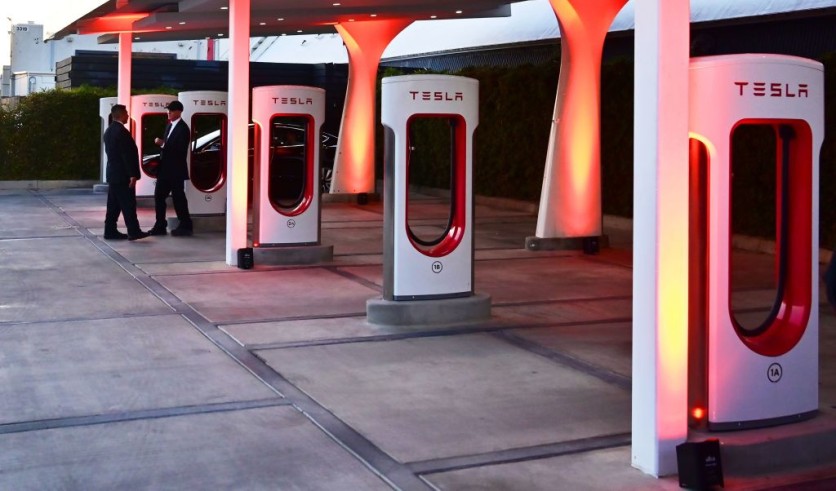The White House announced on Wednesday, Feb. 15, that Tesla will make some of its charging stations in the US accessible to every electric vehicle by the end of 2024 as part of its new standards for a Made-in-America EV charging network, reported first by AP.
By the end of 2024, the plan would make at least 7,500 chargers from Tesla's Supercharger and Destination Charger networks accessible to EVs made by other automakers, according to the White House.

New Standards
A number of new initiatives, including new standards to make EV charging networks convenient and dependable for all Americans, particularly for traveling long distances, were unveiled by the White House on Wednesday.
The new standards will guarantee that everyone may utilize a charging network, regardless of the vehicle they drive or the state in which they charge.
With the help of private and federal funds from the infrastructure law, Tesla, General Motors, EVgo, Pilot, Hertz, and other businesses have also promised to extend their networks by thousands of public charging stations over the next two years.
The White House announced that Tesla will install charging stations in hotels, restaurants, and other public places. According to officials, any EV driver may use these stations by using the Tesla app or website.
Tesla expects to increase its nationwide network of Superchargers by 2030, according to the White House.
The announcement of the new standards follow a meeting between Tesla CEO Elon Musk and White House aides Mitch Landrieu and John Podesta last month.
Read also : NTSB Report Claims Autopilot is Not the Culprit in 2021 Tesla Crash Despite No People Found in Driver's Seat
Bipartisan Infrastructure Law
These initiatives will assist the US in achieving the ambitious goals of the Biden administration to solve the climate crisis, including building a nationwide network of 500,000 electric vehicle chargers along American roads and having EVs account for at least 50% of new car sales by 2030.
They will also promote an industrial plan to further develop the domestic EV and EV charging sector.
In addition to spending nearly $7 billion on EV battery components, essential minerals, and materials, Biden's Bipartisan Infrastructure Law spends $10 billion on sustainable transportation and $7.5 billion on EV charging.
Along with dozens of other federal initiatives aimed at promoting domestic manufacturing and creating a nationwide network of EV charging stations, these flagship programs are a significant addition to the Inflation Reduction Act's support for advanced batteries, new and expanded tax credits for EV purchases, and funding for the installation of charging infrastructure.
Related Article : CES 2023: Forvia Presents its Latest Solutions in Electrification, Energy Management, and Safe Autonomous Driving

ⓒ 2025 TECHTIMES.com All rights reserved. Do not reproduce without permission.




